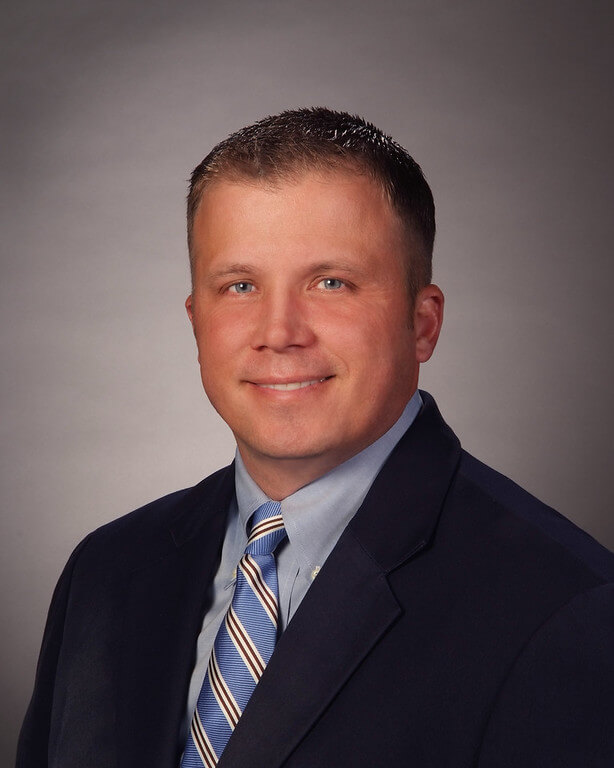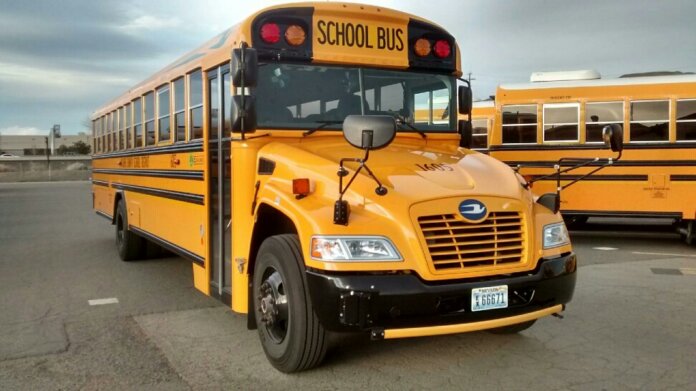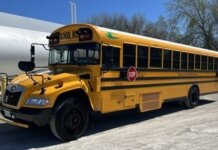Alternatively fueled school buses in western Nevada have to be ready for many types of conditions – flat roads, dirt and gravel and mountainous terrain especially. But the school districts that operate these buses must be assured that they will also reduce emissions and manage costs.
Washoe County School District, the second-largest in Nevada, spans the mountainous regions of Reno, Sparks and other incorporated communities covering over 6,000 square miles. The district has been operating propane school buses for the past 10 years. Currently, it operates 69 propane buses that run up to 200 miles per day.
The district also operates two low-cost onsite propane fueling stations. Installing a propane fueling station cost significantly less than another station type, including gasoline and diesel.
Taken together, this comprises a solution that allows 20% of Washoe County Schools’ bus fleet to operate on propane, a solution that produces substantially fewer greenhouse gas emissions than diesel, gasoline and even electricity.
Propane results in reduced emissions
Nevada’s Fuel Vehicle Acquisition Requirement is clear on its mandate – government fleets with 50 or more vehicles in a county with a population of 100,000 or more must acquire alternatively fueled vehicles. That described Washoe County Schools. The district started operating alternatively fueled buses in 2000, with compressed natural gas and biodiesel.

In 2014, the district first explored propane autogas, integrating seven propane buses in its fleet. That led to a purchase of 15 more the following year and additional bus purchases over the next few years to a total of 69 propane buses today.
The district’s propane buses emit fewer smog-producing hydrocarbons and virtually eliminate particulate matter – that black smoke dispensed by a diesel bus’s tailpipe. The buses also drive toxic nitrogen oxide levels down to near-zero and beat the federal requirements by an average of 54% across the greenhouse gas family.
The propane fuel systems on the buses are EPA- and California Air Resources Board-certified.
Driving cost savings, too
Washoe County Schools currently pays $4.25 per gallon of diesel and just $1.53 for propane. That translates to a 278% per-gallon savings. Federal alternative fuel tax credits can drive savings even further.
In addition to fuel cost savings, oil changes are less expensive for propane buses than for diesel. There is also the labor to actually complete the oil changes, which can be reallocated to improve efficiency in the bus barn.
“The overall cost is about 13 cents less per mile than diesel,” said Scott Lee, the district’s transportation director. “The parts are also much less expensive than diesel for the most part. It’s a lot less oil and one small, single filter.”
Ease of fueling
It’s one thing to bring on alternatively fueled buses, but how the buses will be fueled is a major consideration. That’s where propane also shines.
Washoe County Schools installed two low-cost onsite propane fueling dispensers to accommodate the current fleet capacity. Many districts, including Washoe County Schools, choose to work with their local propane supplier to install an onsite station. The district works with Ferrellgas for its propane supply.
“For anyone getting into propane, I suggest having your own infrastructure,” Lee said.
Each bus driver receives annual in-house training to ensure they are fully aware of the safety procedures when fueling a propane bus.
Effectively meeting mandates
Meeting a crucial state mandated requirement isn’t easy, but the process was made a lot easier with propane for Washoe County Schools. The combination of substantially reduced emissions and costs has allowed it to meet the mandate in a convenient and reliable way.
That lets Lee and his drivers concentrate on making it over that next hill.
Todd Mouw is executive vice president for ROUSH CleanTech, a specialist in clean advanced transportation technology. Currently a board member of NTEA, Mouw has served as president of the NTEA Green Truck Association. Visit ROUSHcleantech.com or call 800.59.ROUSH.







